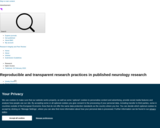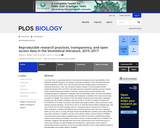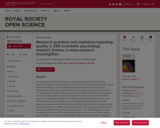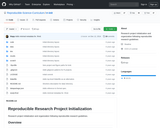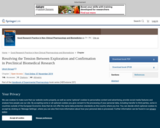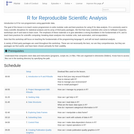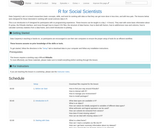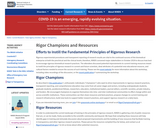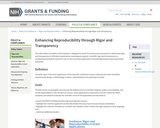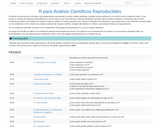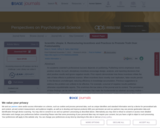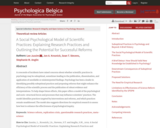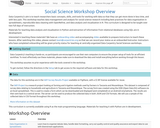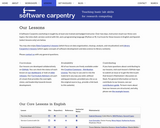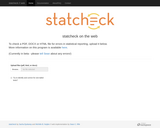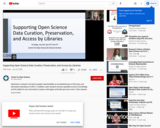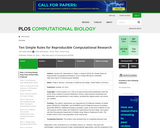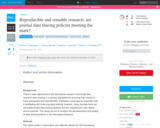
Background There is wide agreement in the biomedical research community that research data sharing is a primary ingredient for ensuring that science is more transparent and reproducible. Publishers could play an important role in facilitating and enforcing data sharing; however, many journals have not yet implemented data sharing policies and the requirements vary widely across journals. This study set out to analyze the pervasiveness and quality of data sharing policies in the biomedical literature. Methods The online author’s instructions and editorial policies for 318 biomedical journals were manually reviewed to analyze the journal’s data sharing requirements and characteristics. The data sharing policies were ranked using a rubric to determine if data sharing was required, recommended, required only for omics data, or not addressed at all. The data sharing method and licensing recommendations were examined, as well any mention of reproducibility or similar concepts. The data was analyzed for patterns relating to publishing volume, Journal Impact Factor, and the publishing model (open access or subscription) of each journal. Results A total of 11.9% of journals analyzed explicitly stated that data sharing was required as a condition of publication. A total of 9.1% of journals required data sharing, but did not state that it would affect publication decisions. 23.3% of journals had a statement encouraging authors to share their data but did not require it. A total of 9.1% of journals mentioned data sharing indirectly, and only 14.8% addressed protein, proteomic, and/or genomic data sharing. There was no mention of data sharing in 31.8% of journals. Impact factors were significantly higher for journals with the strongest data sharing policies compared to all other data sharing criteria. Open access journals were not more likely to require data sharing than subscription journals. Discussion Our study confirmed earlier investigations which observed that only a minority of biomedical journals require data sharing, and a significant association between higher Impact Factors and journals with a data sharing requirement. Moreover, while 65.7% of the journals in our study that required data sharing addressed the concept of reproducibility, as with earlier investigations, we found that most data sharing policies did not provide specific guidance on the practices that ensure data is maximally available and reusable.
- Subject:
- Applied Science
- Biology
- Health, Medicine and Nursing
- Life Science
- Material Type:
- Reading
- Provider:
- PeerJ
- Author:
- Jessica Minnier
- Melissa A. Haendel
- Nicole A. Vasilevsky
- Robin E. Champieux
- Date Added:
- 08/07/2020

